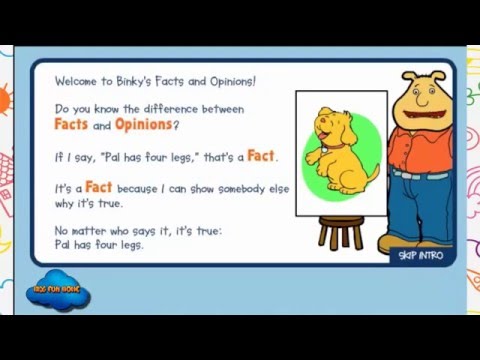A report at The Independent, by Ben Lynfield, on Knesset legislation which would allow for the suspension of sitting MKs was not particularly problematic – at least not by British media standards. The proposed law would allow the Knesset to suspend MKs (with a 90 MK majority) if they engage in incitement to violence or racism; support armed conflict against Israel; or negate Israel as a Jewish and democratic state.
Though the bill was inspired by the moral support shown by a few Arab MKs to the families of Palestinian terrorists who murdered Israelis, this law would apply to all lawmakers, not just those from Arab parties.
Though some British media outlets have predictably amplified voices characterizing it as a bill ‘targeting’ Israel’s Arab minority, the Indy’s headline accompanying their March 30th article fails to even minimally adhere to the basic journalistic requirement of distinguishing between fact and opinion.
Specifically, section iv of the accuracy clause of the editors’ code in the UK requires that “the Press…must distinguish clearly between comment, conjecture and fact.”
The Indy article is a straight news story, not an op-ed, and so it certainly seems that the headline runs afoul of the editors’ code requirements. It may be editors’ opinion that the Israeli law is “anti-Arab”, but it is certainly not a fact.
To further illustrate the difference between a fact and an opinion, let’s go to the videotape:
[youtube https://www.youtube.com/watch?v=5Dv4zbaQTyU&w=560&h=315]
Yes, some journalistic principles are so simple that even a child can understand them.
Related articles
- UK Justice Minister: BDS is a crime worse than apartheid (UK Media Watch)






